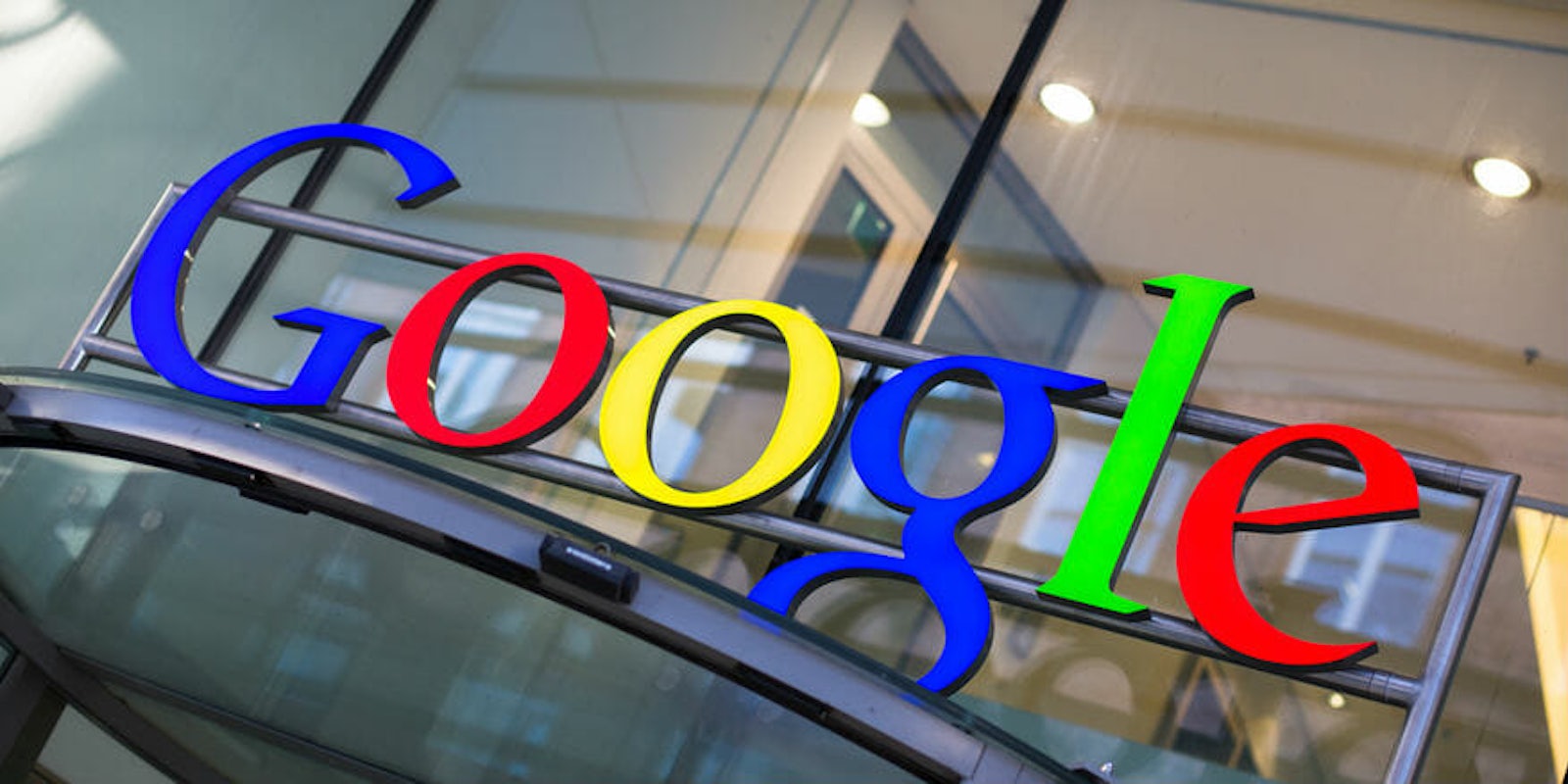The European Union fined Google a record-breaking $2.7 billion Tuesday, claiming the company unfairly directed customers to its comparison shopping site. The financial penalty is the largest the E.U. has ever placed on a company.
The European Commission claims Google started giving prominent placement to its own shopping service in 2008, when “Froogle” (now Google Shopping) was struggling to break through an established market. To gain an advantage, Google allegedly changed its strategy and started to give prominent placement to its own comparison shopping service at the expense of its competitors. According to the E.U., Google changed its algorithms and placed Froogle as the top search result, dropping top competitors down to page four.
“Following the demotions applied by Google, traffic to rival comparison shopping services on the other hand dropped significantly,” the European Commission wrote in a statement. “For example, the Commission found specific evidence of sudden drops of traffic to certain rival websites of 85% in the United Kingdom, up to 92% in Germany, and 80% in France. These sudden drops could also not be explained by other factors. Some competitors have adapted and managed to recover some traffic but never in full.”
Google has been told it must comply with the ruling and “end the conduct” within 90 days or face additional penalties. Those fees could be as high as 5 percent of the average daily worldwide turnover at Alphabet, Google’s parent company. The commission said it came up with the initial fee of $2.7 billion based on the value of Google’s revenue from its comparison shopping service in the 13 EU countries affected. The fine trumps the previous antitrust record of $1.2 billion imposed on Intel in 2009.
“What Google has done is illegal under EU antitrust rules,” said Margrethe Vestager, the E.U.’s competition commissioner. “It denied other companies the chance to compete on the merits and to innovate. And most importantly, it denied European consumers a genuine choice of services and the full benefits of innovation.”
In response to the Commission’s decision, a Google spokesman said, “We respectfully disagree with the conclusions announced today. We will review the Commission’s decision in detail as we consider an appeal, and we look forward to continuing to make our case.”
This isn’t the first time Google has found itself in the crosshairs of the European Commission. The tech giant was accused in April 2016 of forcing its Chrome browser onto users who purchased Android devices. And in July last year, the E.U. investigated whether Google was restricting third parties from displaying search ads.
Other American companies, including Apple, Facebook, and Nike, are facing similar investigations from the European Commission.
H/T Washington Post


